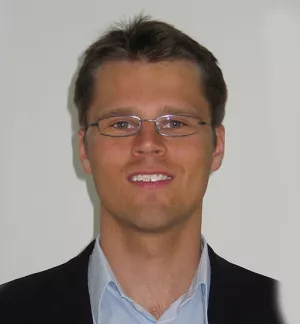Abstract
This paper examines the domestic sources of the internationalization of national oil companies (NOCs) in China and India. It argues that—counter to notions of state-led internationalization—the going abroad of NOCs reflects a pattern of “coopetition,” i.e., the co-existence of cooperation and conflict between increasingly entrepreneurial NOCs and partially supportive and interventionist home governments. In China, the state has predominantly assumed the role of resource supplier, rarely stepping in as a veto player. In India, the NOC-government relationship has been more adversarial, with the state intervening more often as a veto player than its Chinese counterpart and only slowly emerging as a resource supplier. These patterns of internationalization can be explained by how two major trends have been playing out in the two countries: (1) the marketization of NOCs, and (2) the reform of the governance of overseas investments. The findings matter to theory and policy. First, they unpack the relational dynamics of business-government relations in hybrid models of capitalism beyond notions of top-down and bottom-up dynamics. Second, our analysis shows that the state intervenes in the international energy strategies of emerging economies as the occasional veto player rather than actively leveraging NOC internationalization for geopolitical goals.
Read the full paper:
Meckling, Jonas. “Oil & State Capitalism: Government-Firm Coopetition in China and India.” Belfer Center for Science and International Affairs, Harvard Kennedy School, October 2015





